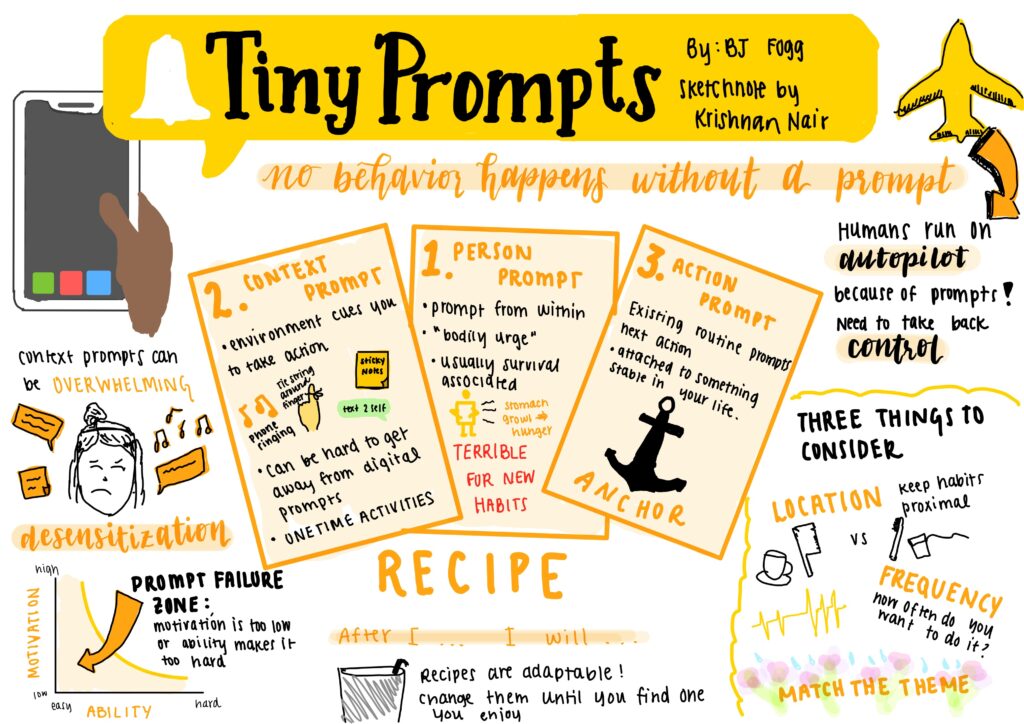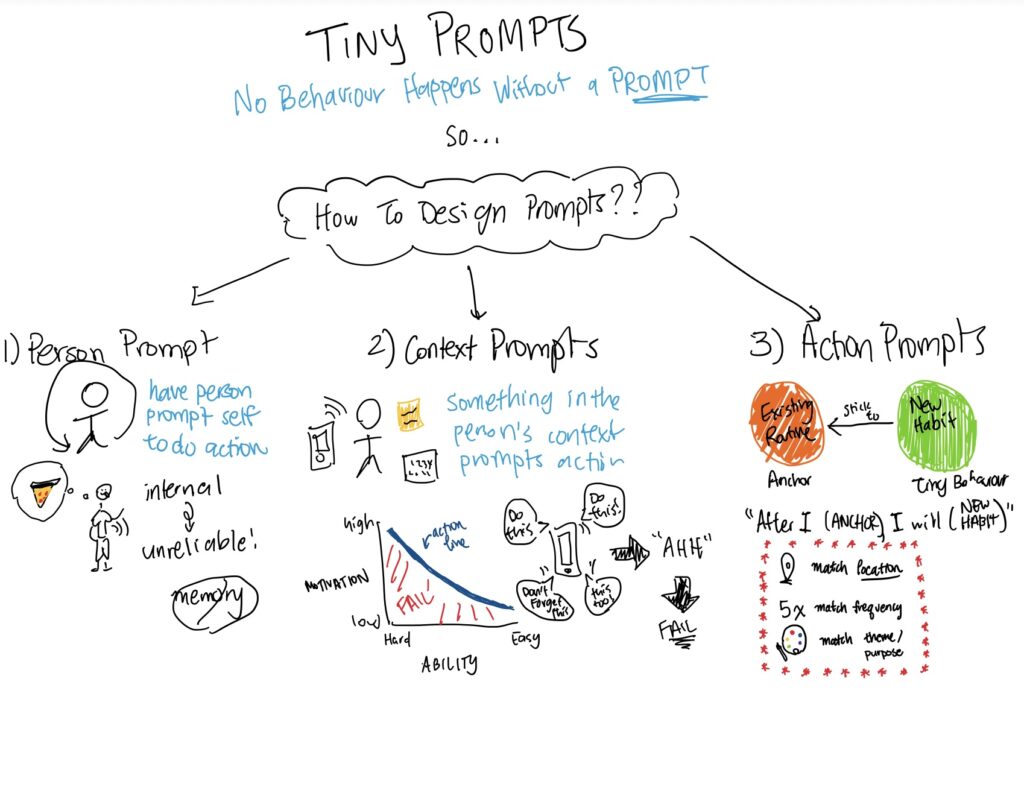1. Which of these criteria do you find the most challenging to implement in your own interactions, and why?
– Overcoming defensiveness: Many people find it difficult to receive feedback without becoming defensive, especially when the feedback is critical or disconfirming. This defensiveness can hinder effective communication and personal growth.
– Balancing openness with maintaining a healthy relationship: Striking the right balance between providing honest feedback and maintaining a positive and healthy relationship can be challenging. People often fear that giving feedback may damage their relationships.
– Avoiding feedback addiction: While feedback is essential for personal and professional growth, overusing it or addressing every minor issue can become counterproductive.
2. The reading mentions that many people fear feedback that “disconfirms” their self-image or self-worth. How does this fear affect our ability to give and receive feedback effectively, and how can we overcome it?
– Defensive responses: When people receive feedback that challenges their self-image or self-worth, they may become defensive and try to protect their ego. This defensiveness can prevent them from truly listening to the feedback and benefiting from it.
– Avoiding feedback: Some individuals may actively avoid situations where they anticipate receiving disconfirming feedback, which limits their opportunities for personal and professional growth.
– Misinterpretation or denial: In an attempt to maintain a positive self-image, people may misinterpret feedback or even deny its validity, which hinders the effectiveness of the feedback process.
HOW WE CAN OVERCOME IT:
– Develop self-awareness: Understand your own fears and insecurities, and recognize that feedback is a valuable source of information for personal growth.
– Embrace a growth mindset: Cultivate a mindset that views feedback as an opportunity for learning and improvement rather than a threat to your self-worth.
– Practice active listening: When receiving feedback, listen attentively, ask clarifying questions, and seek to understand the perspective of the person providing the feedback.
– Separate feedback from identity: Recognize that feedback is about behaviors, actions, or specific situations, not your entire identity. You are not defined by a single piece of feedback.
– Encourage open communication: Create an environment where feedback is encouraged, and constructive feedback is delivered with empathy and respect.
3. The reading suggests that feedback should be interactive rather than confrontative. How can we make feedback discussions interactive so that they become opportunities for growth and understanding?
– Choose the right time and place: Select an appropriate time and location for the feedback discussion, ensuring privacy and minimal distractions.
– Start with a positive note: Begin the conversation with positive feedback or acknowledgment of the recipient’s strengths to create a supportive atmosphere.
– Use “I” statements: Frame feedback in terms of your own observations and feelings, using statements like, “I noticed,” “I felt,” or “I think.” This approach makes the feedback less confrontational and more about sharing your perspective.
– Ask open-ended questions: Encourage the recipient to share their thoughts and feelings by asking open-ended questions such as, “How do you perceive this situation?” or “What do you think could be done differently?”
– Actively listen: Give the recipient your full attention, show empathy, and validate their feelings and reactions during the feedback conversation.
– Collaborative problem-solving: Instead of imposing solutions, involve the recipient in finding solutions to address the issues raised in the feedback. This makes the conversation more interactive and empowers the recipient to take ownership of their growth and development.
– Set clear goals: Ensure that both parties agree on specific goals or action steps based on the feedback, making the feedback process more goal-oriented and focused on improvement.
– Provide ongoing support: Follow up on the feedback discussion to monitor progress and provide additional guidance or support as needed.



